On the 12th of April, the Catholic Diocese of Motherwell, Scotland, hosted a vibrant Youth Ministry Summit. The event which was organised by the youth ministry office, under the leadership of Mishal Novani, was graced by the presence of the Bishop, Most Rev. Dr. Joseph Toal, the Vicar Episcopal, Fr. Stephen Reilly, and the Youth Chaplain, Mr. Mark O’Donnor.
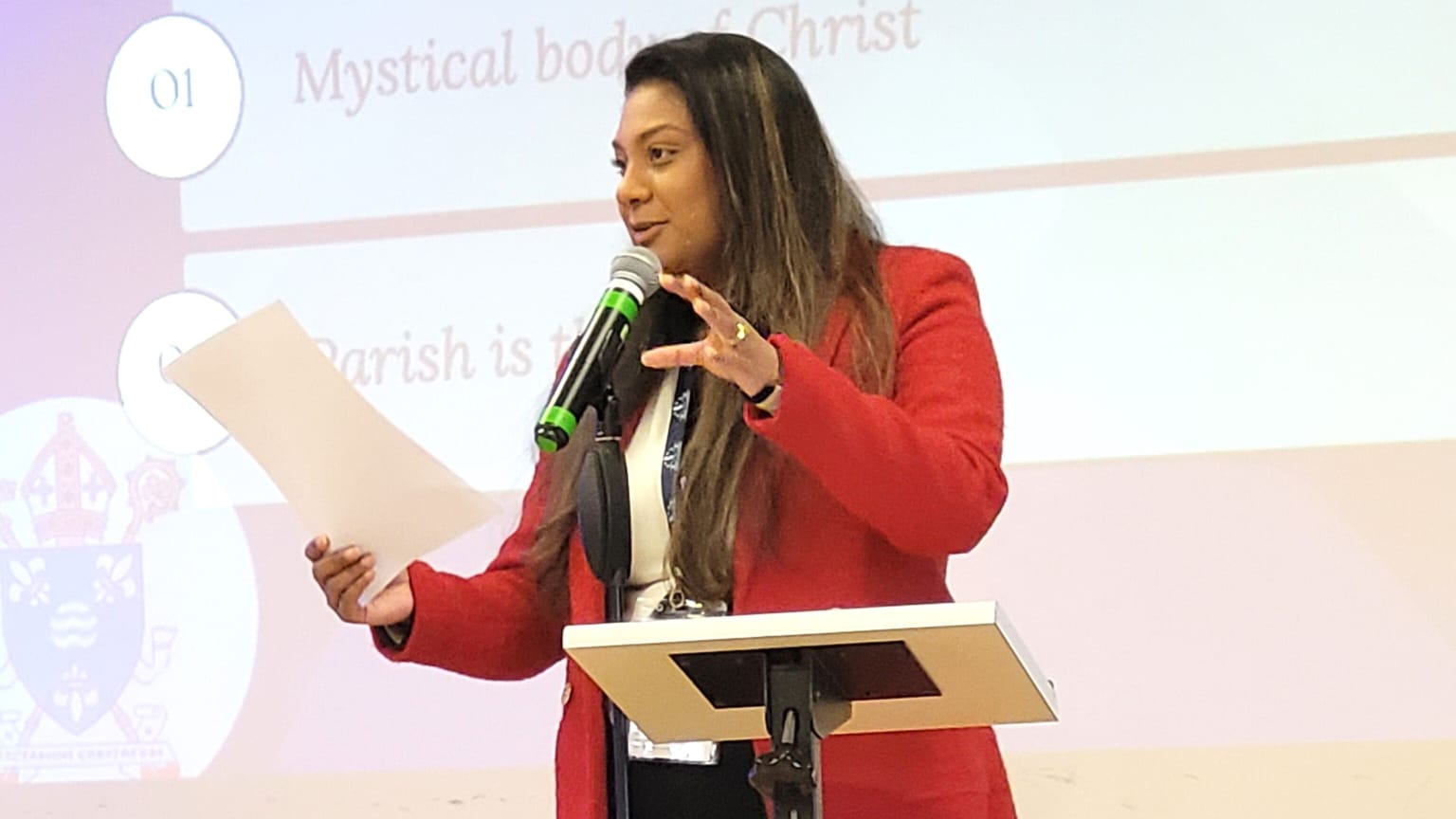
Among the notable participants were Beccy Roseman from Birmingham and Dr. Novani, a psychiatrist. Both delivered inspiring keynote addresses that enriched the summit and left a lasting impact on the attendees. Samuel Begby from Clydebank gave the serene ending by supply the music in the concluding prayer session.
The summit, which commenced promptly at 10:00 a.m., was opened with a prayer led by Fr. Stephen Reilly. This was followed by an introduction to the theme: “Disciples for the Next Generation,” centred on three key words-Embrace, Empower, and Evangelize.
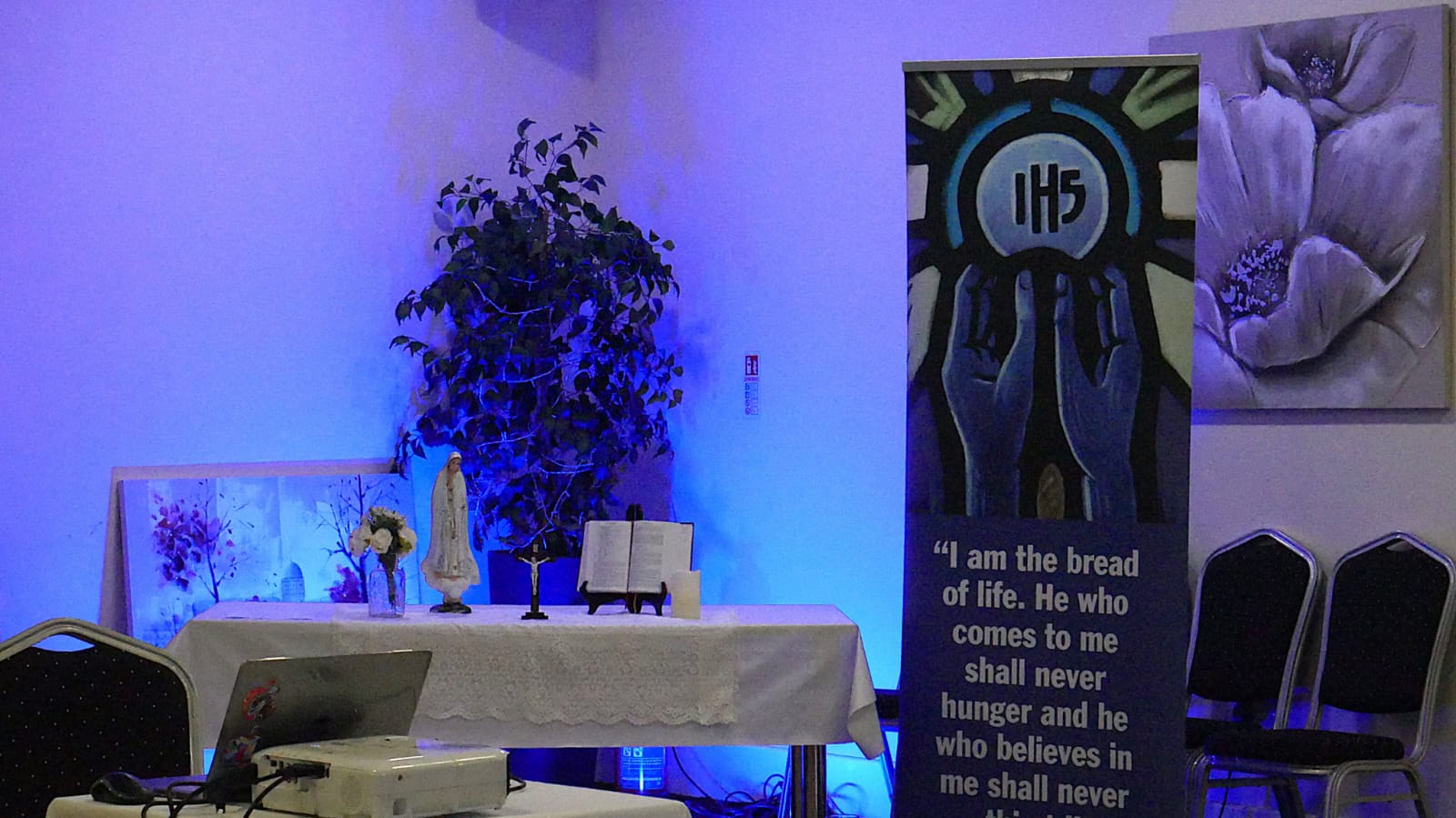
Introducing the topic, “setting the scene on the next generation/ evangelisation through the generational gap, Mishal delivered the welcome address, passionately expressing concern over the mass exodus of young people from the Church. She presented youth ministry as a vital and timely response to this pressing challenge. Drawing from the Church document Lumen Gentium, she reminded the audience of the words of the Church Fathers, who described the Church as the Mystical Body of Christ, where every member is called to participate.
She emphasized that the parish remains the heartbeat of the Church, with Christ as its head. As such, parishes must open their doors to young people, fostering genuine relationships and authentic connections. Mishal urged all to follow the model of Christ, who built personal and meaningful relationships with his disciples.
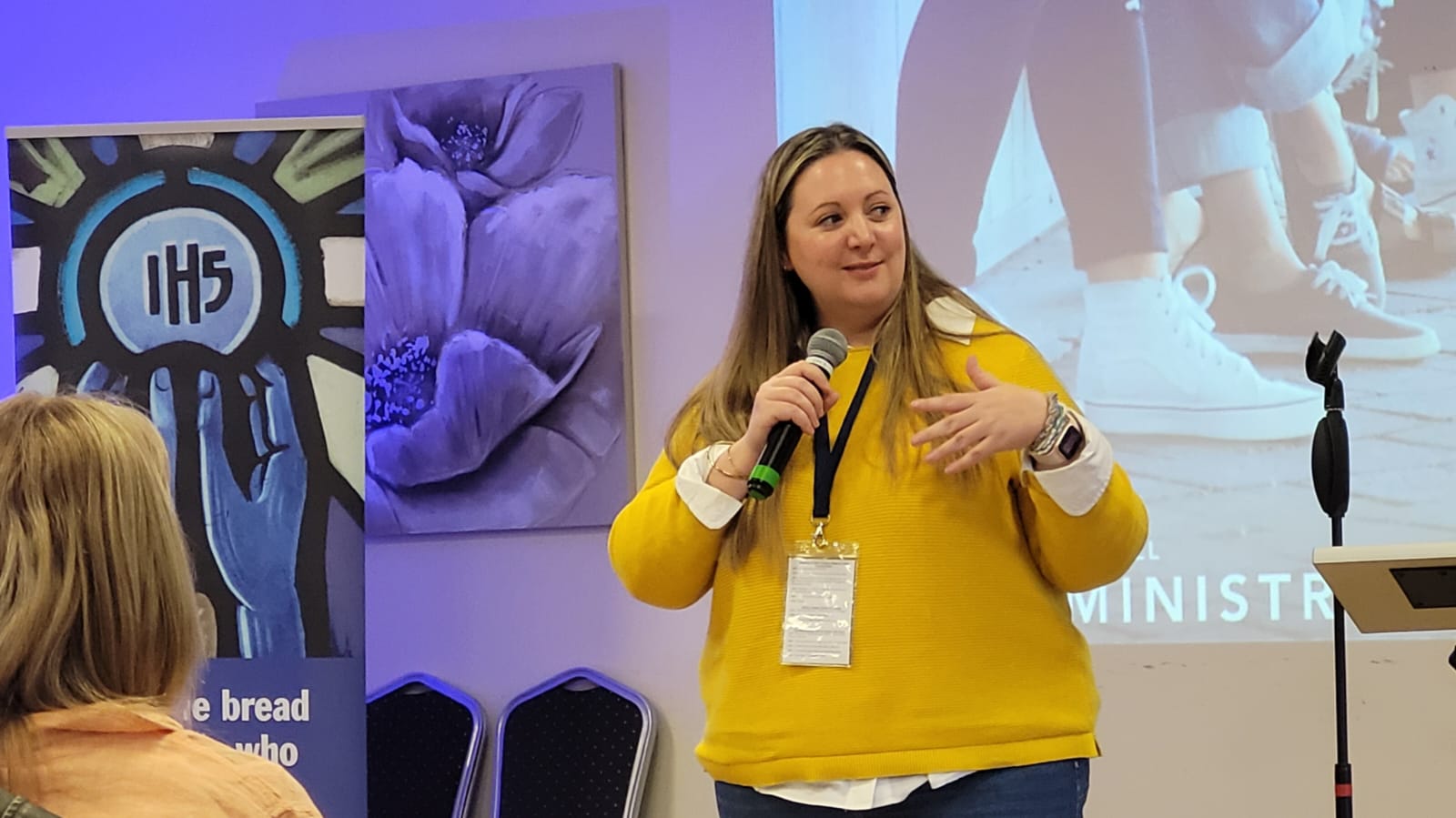
The first keynote address, delivered by Beccy, focused on understanding the very people we are called to serve: today’s youth. She described them as an anxious yet passionate generation-fun-loving, beautiful souls who crave to be seen and heard, who fear being judged, yet long to succeed and make a meaningful impact. Many of them feel disconnected from the Church, perceiving it as distant or irrelevant, as evidenced by their minimal presence in parish life. However, they still carry deep spiritual longings.
Moreover, the youths love stories, appreciate heartfelt prayer, and are especially moved when liturgy is enriched with good music. Unfortunately, the COVID-19 lockdowns deeply affected them, leaving emotional and spiritual wounds. Some youths even believe they can never be holy or good enough to participate in Church life because of their past mistakes. These are precisely the individuals we are called to welcome-without judgement-into a spiritual home where they feel safe and accepted.
Drawing on Life Teen’s approach, Beccy proposed a relational model as the most effective method for engaging with young people. This model includes six key elements: Contact, Connect, Care, Challenge, Commitment, and Co-Workers. Once we have made contact and formed a connection, we are called to care for them genuinely, challenge them lovingly, and walk with them toward commitment. Working alongside others, we empower youth to take ownership of their faith and grow into active co-workers in the vineyard.

The program then transitioned into a dynamic panel discussion with the young people, centered around the question: “What inspires you?” It was both moving and insightful to hear the youth testifying how joining the youth group has deepened their connection with Christ. A central takeaway from this session was the critical need to establish youth groups in every parish-spaces where young people can belong, grow, and be nurtured in faith.
Mishal then shared her powerful testimony, recounting how the love of Christ and her calling to serve youth led her away from worldly careers and into her fulfilling role at the Youth Office of the Diocese of Motherwell. She introduced three key pillars for youth ministry: Formation, Fellowship, and Fun. These pillars emphasise the importance of creating relaxed, welcoming environments where youth feel free to express themselves, connect with others, and learn about their faith.
To further equip participants, she provided training on how to structure a typical Youth Night, modelled after the Holy Mass. This includes four segments:
Gather – Prepare their hearts with games or interactive activities.
Proclaim – Teach and share the message.
Break – Facilitate small group discussions and personal sharing.
Send – End in prayer and a mission-oriented challenge to bear fruit.
Beccy’s interjection added even more depth to the session. She reminded the audience that today’s youth are naturally curious, intelligent, and full of questions. They desire authenticity and real roles in the Church. We must accompany them on their journey, recognizing that it may take up to seven invitations before a young person says “yes” to Church involvement.
She also shared helpful resources for youth ministry:
- Free: Youth Alpha Series, The Redeemed Called by Name, Sycamore
- Subscription-based: Life Teen – Leading Teens Closer to Christ, Disciple, Hallow, among others.
To conclude the session, participants were divided into groups to design a sample youth night using the resources shared, making the training practical and applicable.
A particularly tender and thought-provoking moment came when Dr. Gian Carlo Novani, a psychiatrist, spoke on “Responding to Mental Health Crises.” He highlighted the devastating impact of the COVID lockdown on the social and emotional wellbeing of young people. The mental health struggles they face today are also intensified by social media, where digital life often replaces real relationships. Many feel unseen in a world driven by algorithms and consumerism, where personal data is commodified. Amid all this, youth are simply searching for affirmation, for someone who genuinely listens, cares, and helps them rediscover a reason to live.
Dr. Novani emphasized the need for empathetic presence. Sometimes, the best we can do is sit with someone, listen deeply, and allow them to feel what they’re feeling. At the same time, youth must also come to understand that suffering is a natural part of life-and often, our most meaningful growth comes through pain. It is in these difficult experiences that the seeds of greatness are often sown.
Closing Session: Rooted in Prayer
The summit concluded with what was arguably the most important session-a deep dive into prayer, our essential and irreplaceable means of communion with God. This final moment, led by Mishal, focused on how to pray with young people. Quoting her powerful words, “To do the work of God, we have to be people of God,” she reminded everyone that prayer is the cornerstone of youth ministry.
Two powerful passages from the Catechism of the Catholic Church served as the foundation for her reflections:
- CCC 2560
“If you knew the gift of God!” (John 4:10)
The wonder of prayer is revealed at the well, where we come seeking water—and Christ meets us. It is He who first seeks us, asking for a drink. This thirst of Jesus springs from the depths of God’s longing for us. Prayer, then, is nothing less than the meeting of God’s thirst with our own. God thirsts that we may thirst for him. - CCC 27
The desire for God is written in the human heart, because man is created by God and for God; and God never ceases to draw man to Himself. - Only in God can we find the truth and happiness for which we constantly yearn. From the moment we come into existence, we are invited into communion with God—who made us through love, holds us in love, and calls us to freely respond to that love in prayer.
Reflecting on these truths, Mishal encouraged the youth leaders to foster a steady, simple, and sincere habit of prayer, springing from a pure heart. She urged the creation of sacred spaces for prayer in every youth gathering-a “prayer corner” where young hearts can encounter God.
She suggested a range of prayer forms for youth ministry:
- Set prayers: The Rosary, Divine Mercy Chaplet
- Conversational prayer: Adoration, Confession, Thanksgiving, Supplication (ACTS)
- Scriptural prayer: Lectio Divina, Ignatian prayer
- Digital tools: The Hallow app
- Liturgical prayer: The Holy Mass, Divine Office, Eucharistic Adoration
- Creative expressions: Praying with art and music
In her final encouragement, Mishal said simply yet powerfully:
“Do not be discouraged by the turnout. Pray for them—and for those who work with them. Growth will come.”
The session ended on a high note-music-filled prayer led by Samuel, followed by the final blessing from Bishop Toal, who had been present throughout the event. With satisfaction clearly written on the faces of the participants, the summit formally closed at exactly 3:35 PM.



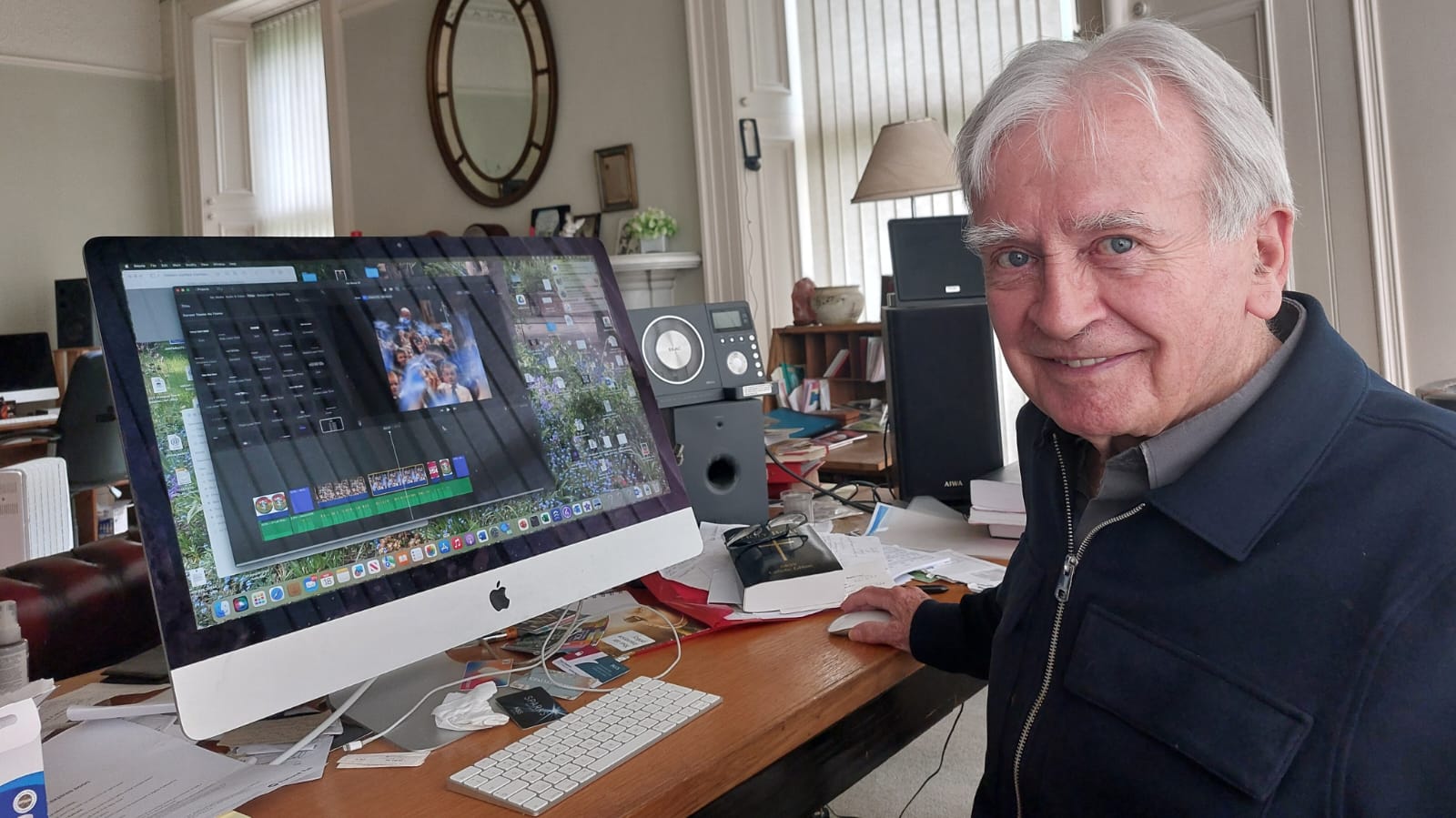
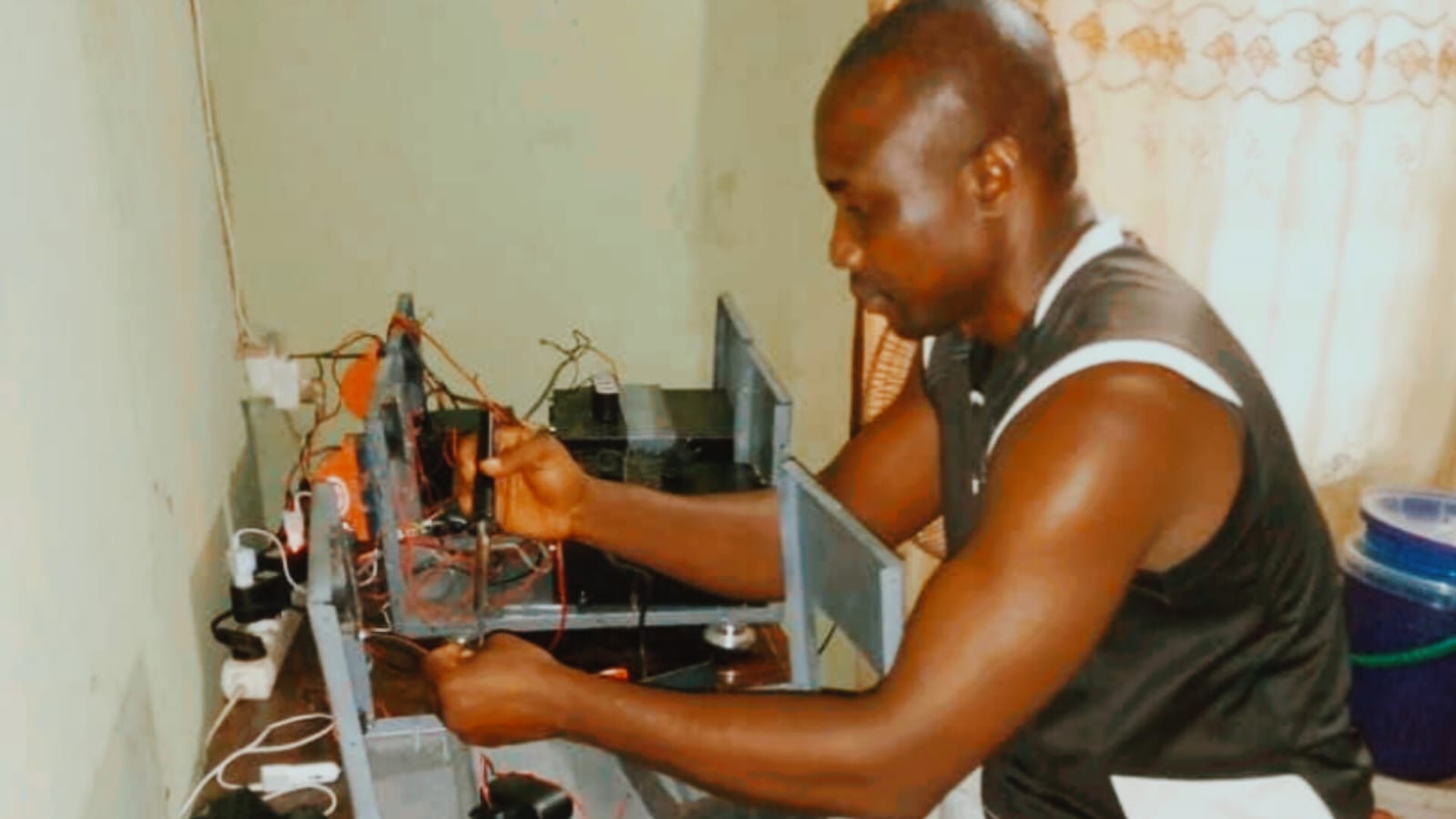
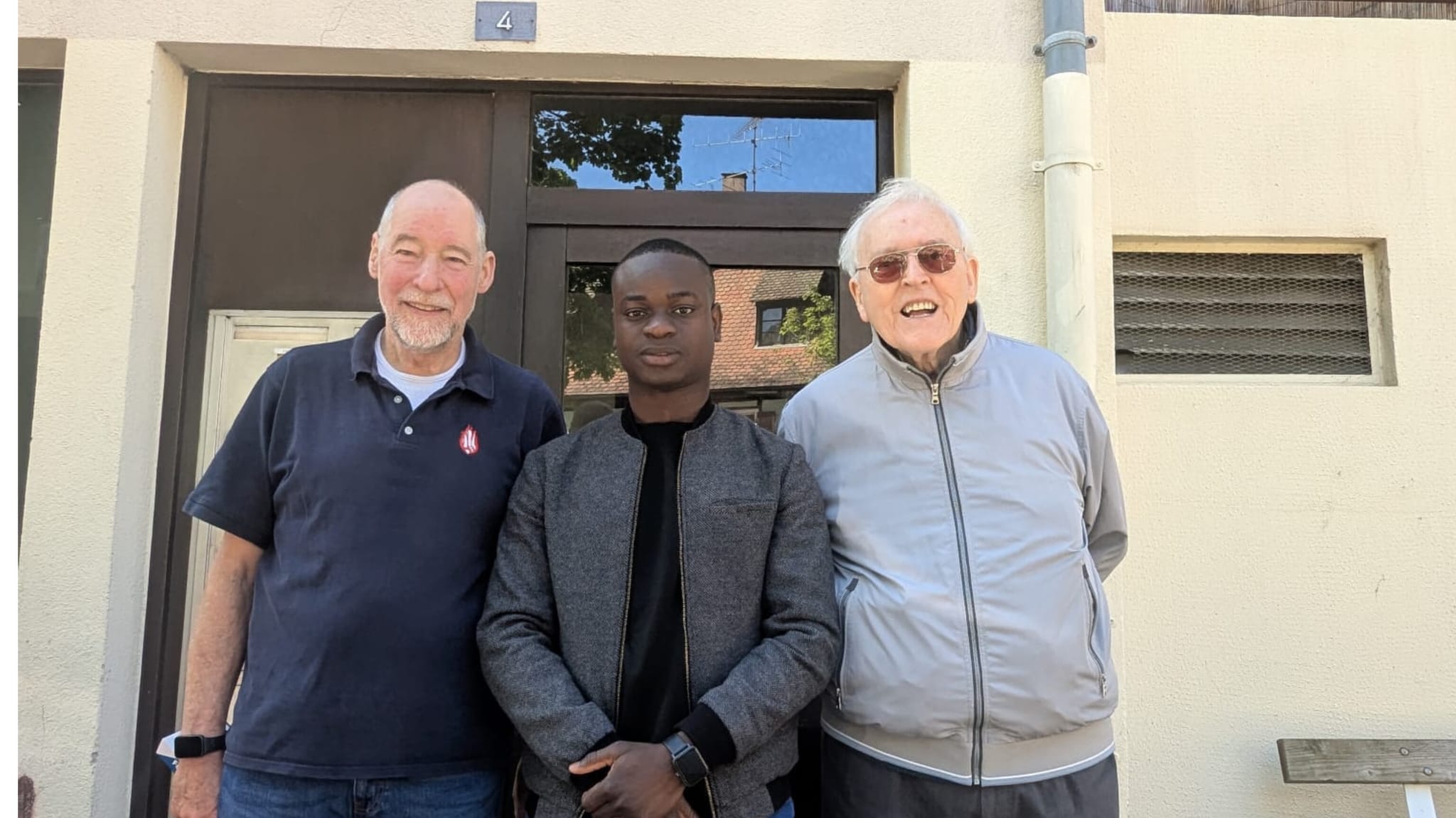
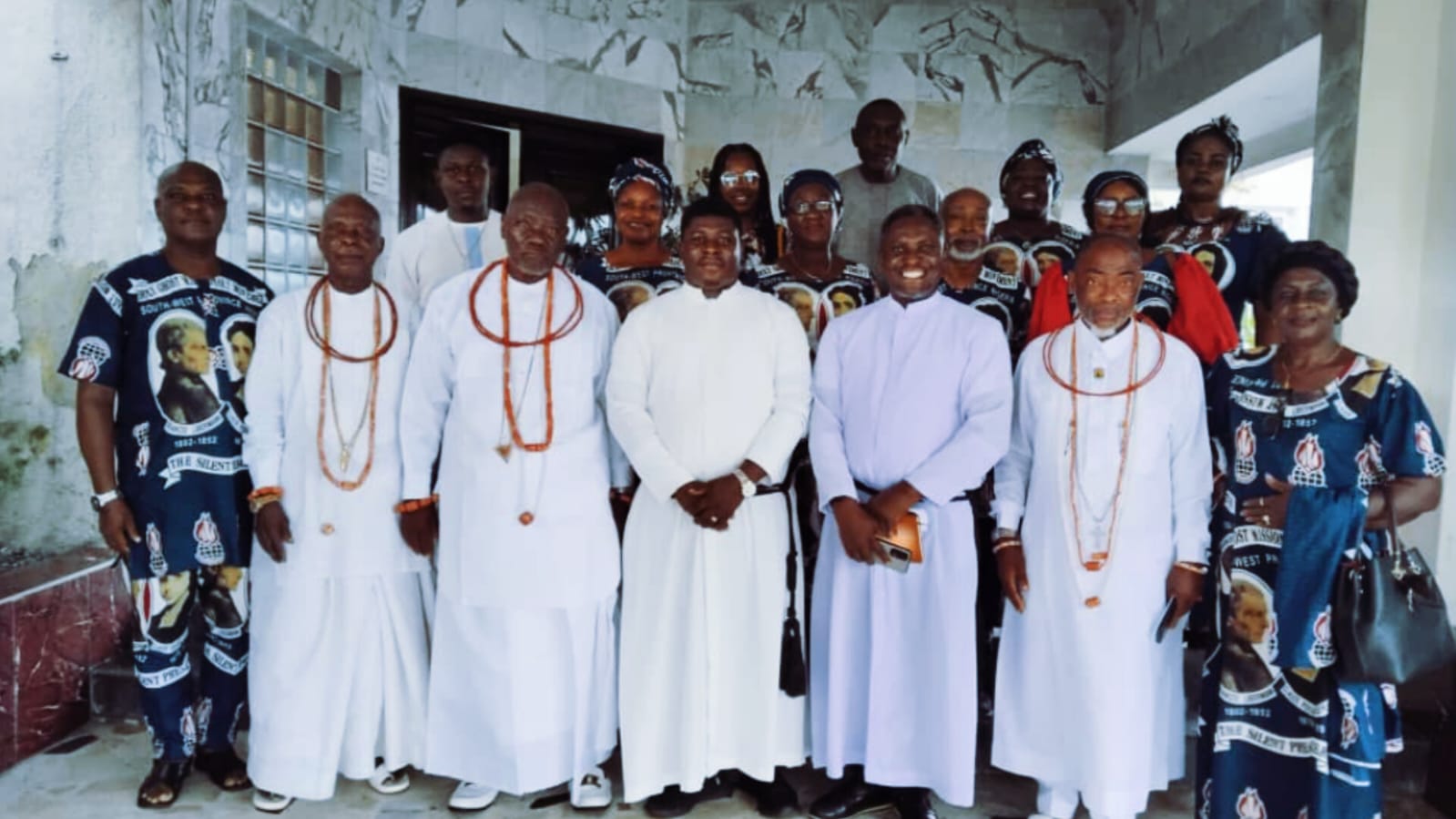
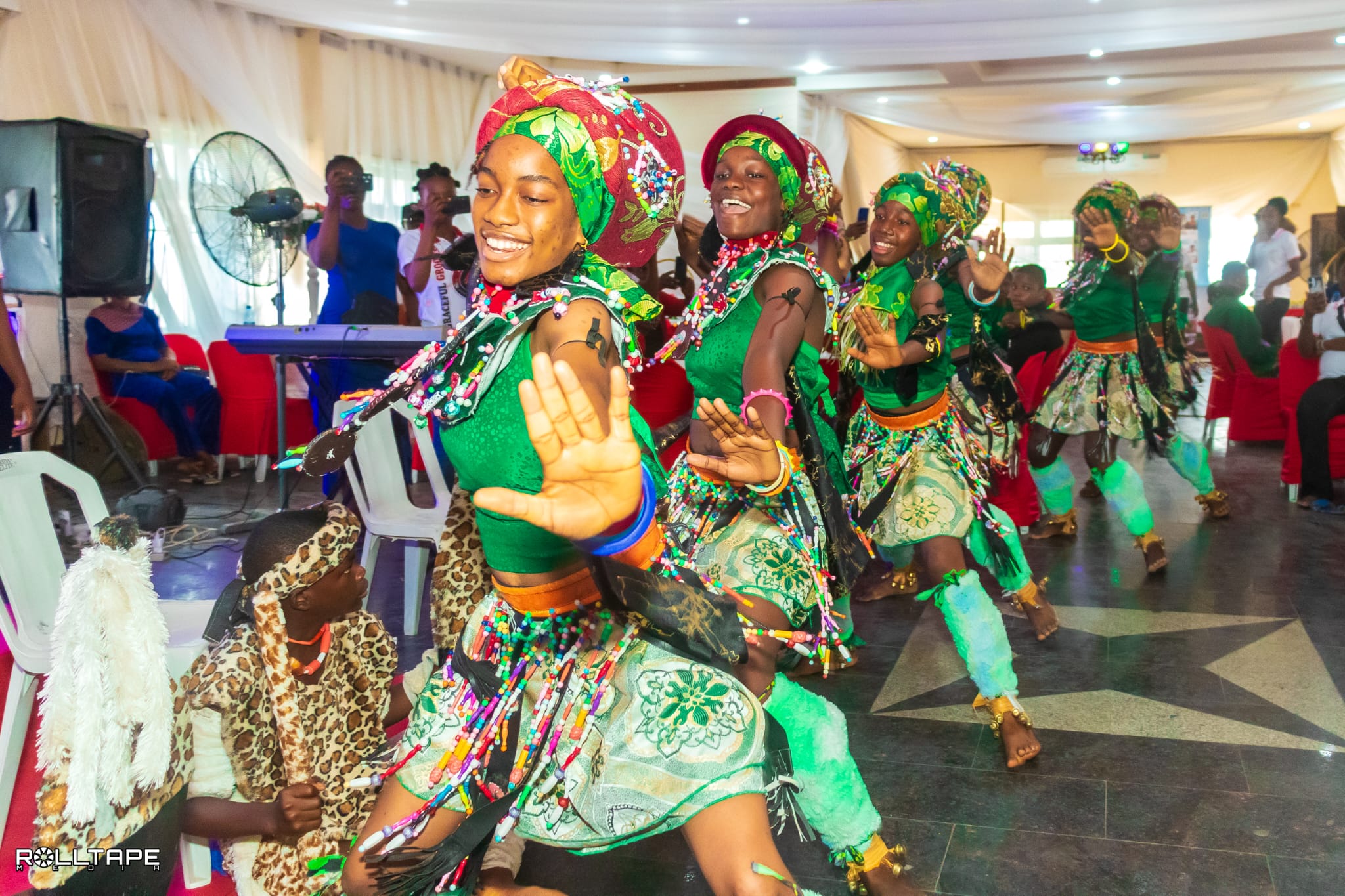
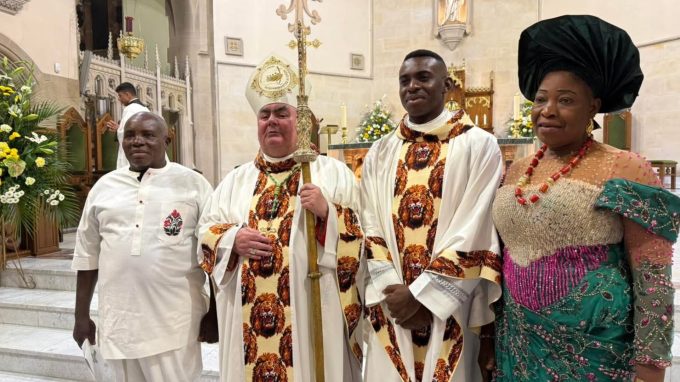
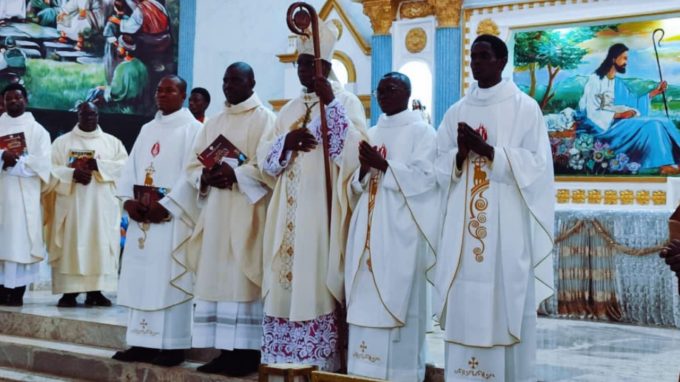

Leave a comment